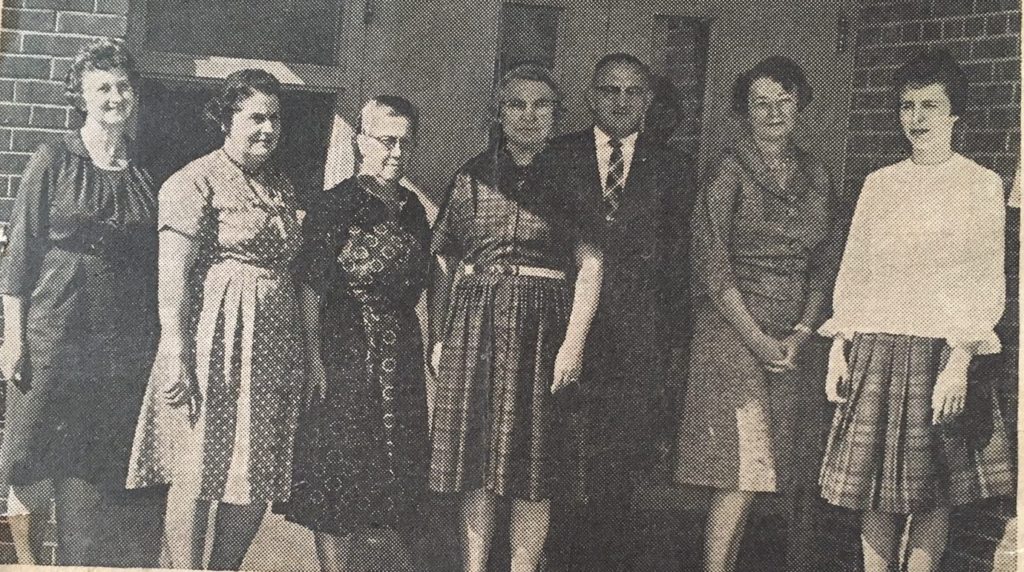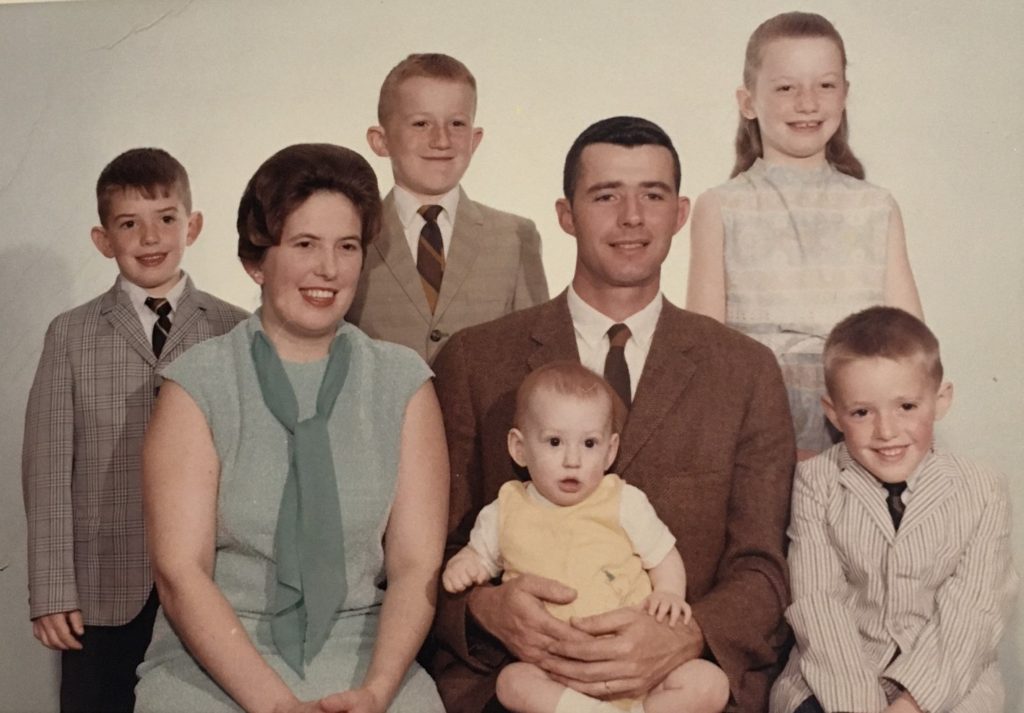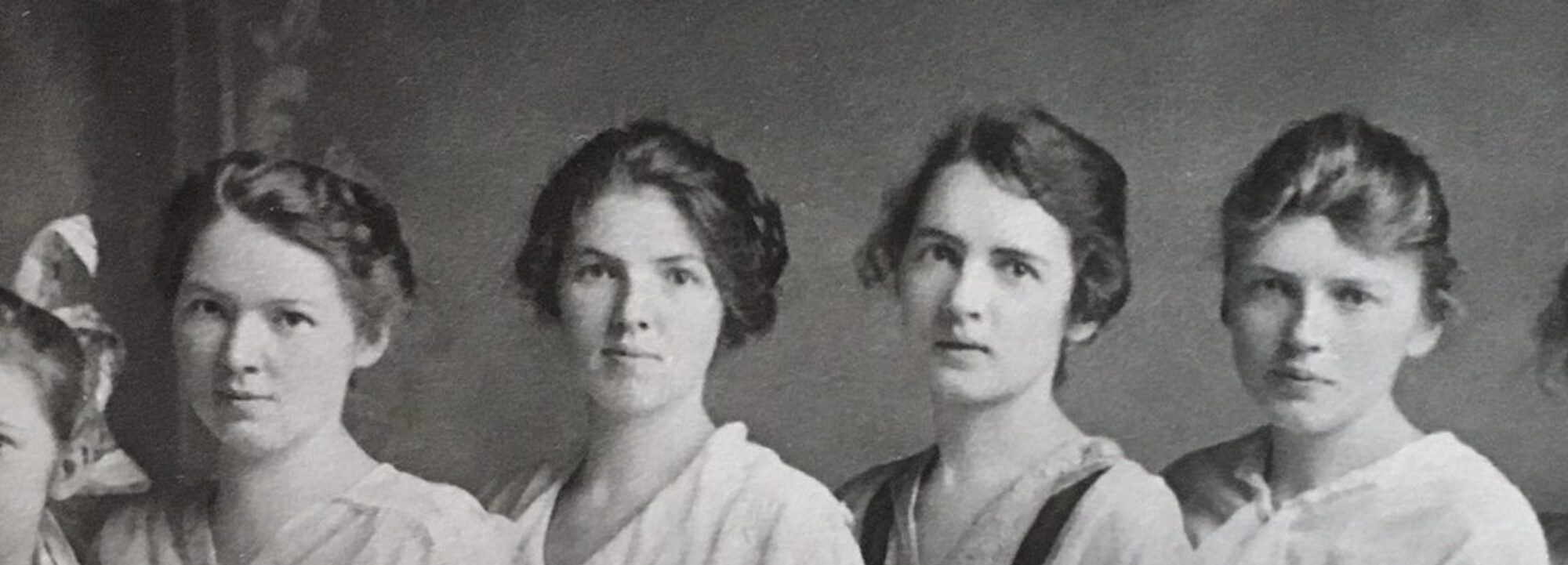I am a lover of language. Read continually. Write often. I’ve had many excellent teachers—both formal and informal– through the years, who have helped improve my skills.

I learned to love books at Fulton Elementary. Mrs. Bragg sweetly greeted us when we entered the tiny library, the size of a modern walk-in closet. We started with those high-interest biographies: presidents, explorers, Native American leaders and famous cowboys. My grandmother, our 4th grade teacher, read aloud The Little House on the Prairie after recess. We listened quietly at our desks, resting our heads on our sweaty arms, and imagined being Laura’s schoolmates. We were all “county kids,” familiar with the damp of the woodlands, the sway of tall grasses, and the sounds of different animals and insects at night Laura so richly described.
In middle school, real academics began. We studied grammar and learned to dissect sentences. I loved sharpening my pencil and diagramming sentence after sentence in Mrs. LaFrance’s classroom. We read stories and discussed them as a class, further cementing my fondness for literature.
My initiation into unsavory language started in second grade, after Mrs. Harmon sharply commanded, “Jimmy! You come up here! I’m going to paddle you!”
Horrified by Jimmy’s situation, I looked up at Mrs. Harmon, looked back at Jimmy who was slowly getting up from his desk, and looked over to my friend Donna. I whispered, “What did he do?”
Donna shrugged her shoulders and said, “Oh, he swore.”
“What’s swearing?” I asked, completed stumped. Donna shook her head and went back to solving her math problems.
My mom clarified things for me when I got home. My parents were strict about how we spoke to one another and our word choices. Our home was peaceful, and the harshest words spoken during my early years were things like “fiddlesticks!” or “shoot!”
During the hot summer before fifth grade, my dad had farrowing coops (individual shelters for sows and their piglets) in a field around the house. We soon had an infestation of rats under the little houses, and we spent several Saturdays helping Dad move the coops and eliminate the rats. But the most memorable event of that summer involved trying to catch a sow who had escaped. My brothers and I did the best we could, trying to help Dad get her back in her pen, but each time Dad circled that old sow back around, and we tried to direct her to her waiting pen, she wouldn’t have it. She squealed and pushed by us. Dad, who never uttered a profanity, completely lost his fatherly composure, and chased that pig around and around, yelling those forbidden words (and a few I had never heard before).

But Mrs. Noble in 7th grade PE class delivered the best language lesson of all. We girls were in the middle of a heated dodge-ball game. Balls were slamming, girls were ducking, and the worst-of-words were flying. The sound of Mrs. Noble’s whistle rose above the noise. She motioned us over, and we circled around her. She stood, statuesque and strong, and we waited, sweaty and out-of-breath, for her sentencing.
“Girls, Girls, Girls!” she said. “You must use those words sparingly. Save them for when you really need them!”
Her advice stuck and has served me well in my professional relationships. But it is in my personal life where its practice is most helpful. Like using strong spices, if I sprinkle those words only when necessary, my message is heightened, highly efficient and effective.
Thanks, Mrs. Noble.
It’s a Fine Life
Several years ago, Dennis and I saw Mrs. Noble, who is now in her nineties and still active. I reminded her of her lesson. She just smiled.
As an Amazon Associate, I earn from qualifying purchases.
A collection of my first twenty columns from the South County News is now available on Amazon.


You have such a wonderful recollection of childhood experiences and a warm-hearted way of recapturing them for the rest of us! I’ve enjoyed remembering my own experiences by reading yours.
Thanks, Jeanne. I’m glad you are enjoying them.